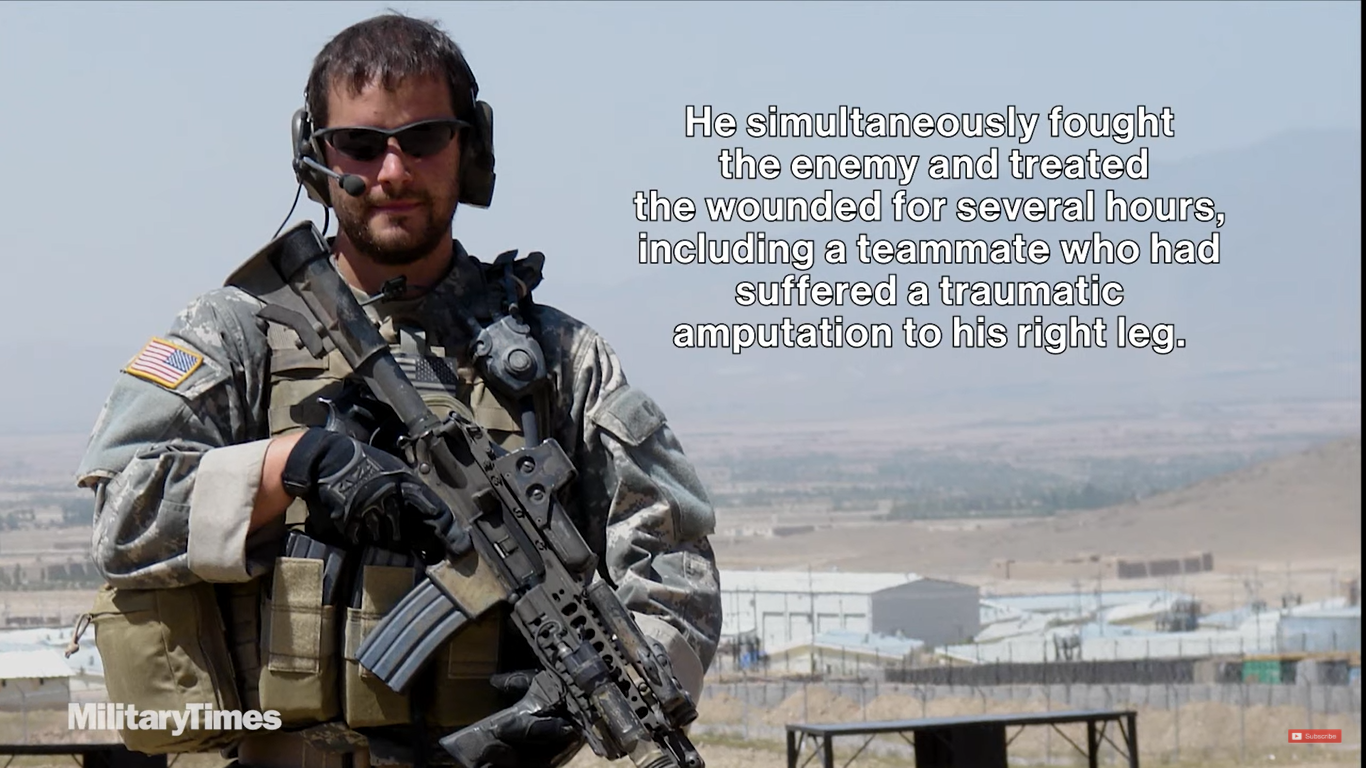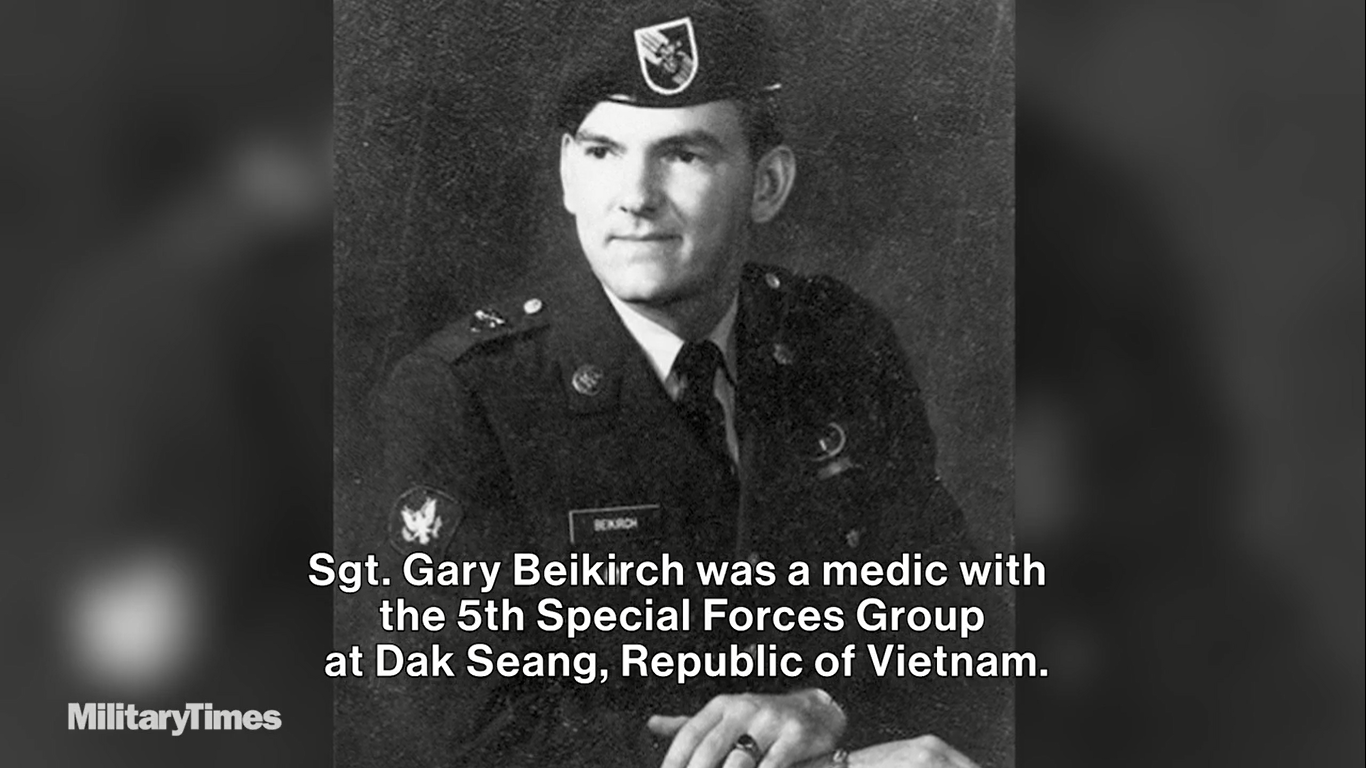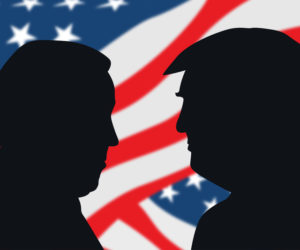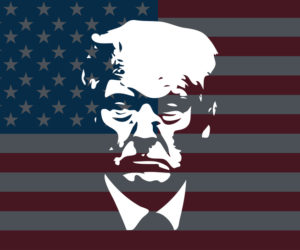
Beginning with the despicable January 6 insurrection and continuing throughout 2021 with those who would defend, justify, even glorify what very well may have been “treason of the blackest dye” in our nation’s history, honor has been in short supply in some circles this year.
The definitions of honor that one can “Google” do not adequately capture the essence of that concept. However, writers, kings, presidents and generals have consistently evoked “honor” and explained why honor matters.
Decades Before Christ, the Latin writer Publilius Syrus asked, “What is left when honor is lost?”
In 1525, following his defeat at Pavia, King Francis I of France wrote to his mother, “Of all I had, only honour and life have been spared.”
A few years later, William Shakespeare, acclaimed by many as the world’s greatest writer and poet, wrote, “Life every man holds dear; but the dear man holds honor far more precious dear than life.”
Closer to home, to our times and to the point, Abraham Lincoln said in his 1862 State of the Union Address:
Fellow citizens, we cannot escape history. We, of this Congress and this administration, will be remembered in spite of ourselves…The fiery trial through which we pass will light us down in honor or dishonor, to the latest generation… We shall nobly save, or meanly lose, the last, best hope of earth.”
Finally, General Douglas MacArthur’s 1962 immortal words: “Duty, Honor, Country. Those three hallowed words reverently dictate what you ought to be, what you can be, what you will be….”
To be fair, here was honor, lots of it, in 2021.
Who better to represent, epitomize honor and receive the highest recognition for such honor than our combat heroes and the Congressional Medal of Honor, respectively?
On December 17, the nation closed the year out with the award of the nation’s highest honor for valor to three U.S. U. S. Army soldiers during a White House ceremony led by President Joe Biden.
Then, on December 27, the President signed into law a bill authorizing the establishment of a “commemorative work to honor Medal of Honor Recipients.”
And who better to talk about honor and about what advice they would give to our young generation, to those “just stepping into adulthood”?
During the past months, several Medal of Honor recipients sat down with the Military Times to give such advice to the youth of our nation in a 10-part series called “Dear Young American.”
Among them are heroes from World War II, The Vietnam War, and Afghanistan.
The first to be interviewed was U.S. Army Special Forces Staff Sgt. and medic Ronald Joseph Shurer who earned the Medal of Honor for actions during the Battle of Shok Valley, Afghanistan, in 2008. In the interview, Shurer talks about how young people can find ways to serve those around them, no matter where they are.
“Dear Young American,” he says, “Find some way to serve your community and your country, however it is for you to do that best, whether it is the military, your local community or your state….Find a way to serve something that is greater than yourself.”

Sgt. Shurer passed away in March 2020.
Please watch the interview here.
Among the other nine heroes interviewed was Sgt. Gary Beikirch,a combat medic who was awarded the Medal of Honor for his heroic actions during a battle at Dak Seang Camp, Vietnam, in 1970.

In the interview, Sgt. Beikirch Says, “Dear Young American…”You have to decide: what is the right thing to do?…To really live you must first learn what it means to deny yourself to be able to help others.”
Sgt. Beikirch passed away on December 26, 2021, at the age of 74.
Please watch that interview here.
The entire series of ten stories and videos can be watched here.
In addition, a compilation of six interviews can be watched here . It is 24 minutes and 10 seconds short. Well worth the time.
















